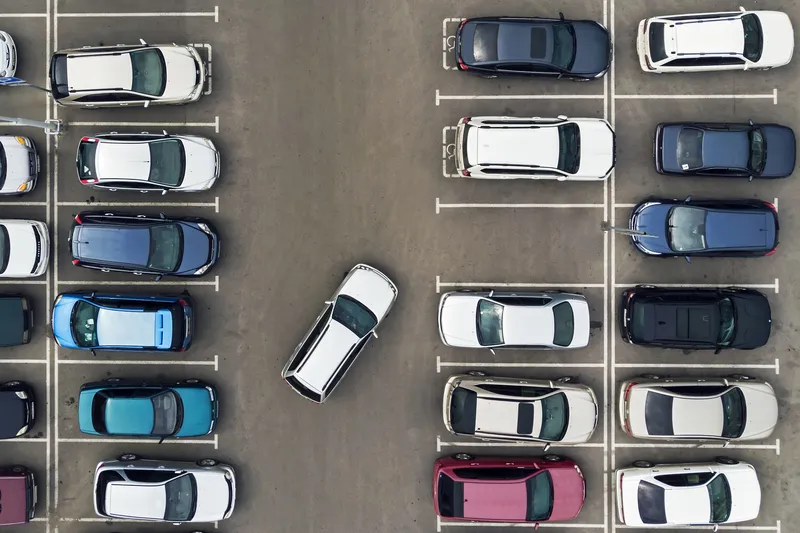Los Angeles and San Francisco are among the US cities opting to use variable-rate parking to make it easier to find a parking space.
Los Angeles is piloting LA Express Park, program covering a 4.5 square-mile area of downtown using technology to match on-street parking prices with demand. The objective is to ensure that between 10 and 30 per cent of the parking spaces on each block are open throughout the day. Smart meters and sensors compile occupancy and payment data and based on that information, a pr
May 28, 2014
Read time: 2 mins
Los Angeles and San Francisco are among the US cities opting to use variable-rate parking to make it easier to find a parking space.
Los Angeles is piloting LA Express Park, program covering a 4.5 square-mile area of downtown using technology to match on-street parking prices with demand. The objective is to ensure that between 10 and 30 per cent of the parking spaces on each block are open throughout the day. Smart meters and sensors compile occupancy and payment data and based on that information, a pricing algorithm recommends parking rates for various times of day that are designed to ensure that meters are used but that no area is too congested.
San Francisco’s SFpark dynamic parking system began in 2011. Used over a wider area of the city and also incorporating city-owned parking garages, it aims to achieve a consistent space-occupancy rate of about 85 per cent. It also applies special rates around AT&T Park during Giants baseball games.
Both systems offer free apps that provide users with real-time space-availability information.
According to parking expert Donald Shoup, a professor of urban planning at UCLA, these programs "reduce cruising, speed up buses, [and] reduce air pollution."
To keep pace with continuously changing parking demands, adjustments to LA Express Park rates take effect on the first Monday of each month and are made public in advance. SFpark rates change less frequently, no more than every other month.
In Los Angeles, pilot-wide rates have decreased by 11 percent but revenue is up by 2 percent, thanks to better utilisation of parking spaces and the increased rates in high-demand areas. The pattern has been similar in San Francisco.
Los Angeles is piloting LA Express Park, program covering a 4.5 square-mile area of downtown using technology to match on-street parking prices with demand. The objective is to ensure that between 10 and 30 per cent of the parking spaces on each block are open throughout the day. Smart meters and sensors compile occupancy and payment data and based on that information, a pricing algorithm recommends parking rates for various times of day that are designed to ensure that meters are used but that no area is too congested.
San Francisco’s SFpark dynamic parking system began in 2011. Used over a wider area of the city and also incorporating city-owned parking garages, it aims to achieve a consistent space-occupancy rate of about 85 per cent. It also applies special rates around AT&T Park during Giants baseball games.
Both systems offer free apps that provide users with real-time space-availability information.
According to parking expert Donald Shoup, a professor of urban planning at UCLA, these programs "reduce cruising, speed up buses, [and] reduce air pollution."
To keep pace with continuously changing parking demands, adjustments to LA Express Park rates take effect on the first Monday of each month and are made public in advance. SFpark rates change less frequently, no more than every other month.
In Los Angeles, pilot-wide rates have decreased by 11 percent but revenue is up by 2 percent, thanks to better utilisation of parking spaces and the increased rates in high-demand areas. The pattern has been similar in San Francisco.







